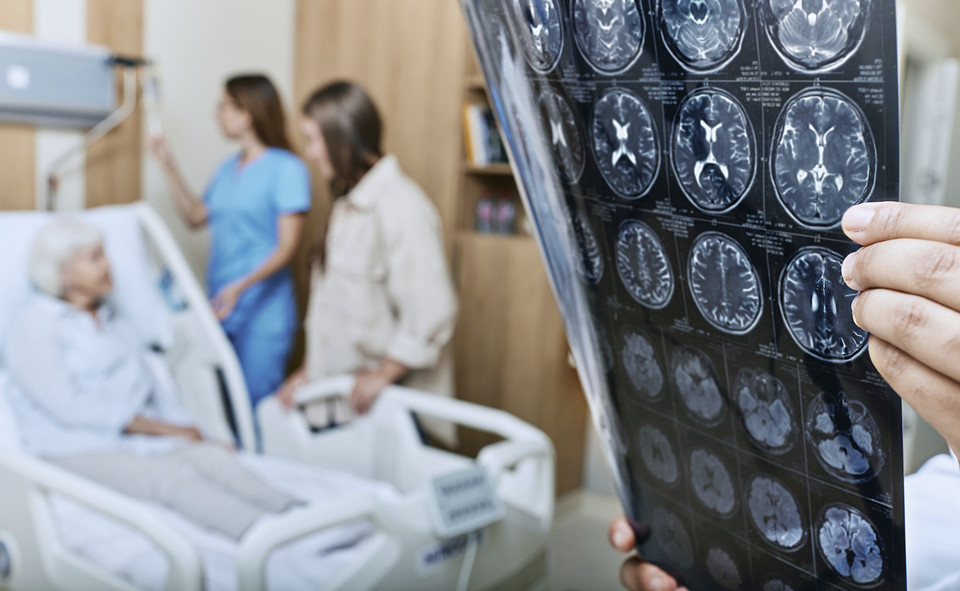Industry experts foresee continued investment in medical devices as companies seek comprehensive disease management solutions.

As pharmaceutical companies continue to acquire and invest in medical device firms, industry insiders have observed a shift in focus from traditional drug ventures to medical devices. They predict that this trend will persist given the promising future of the medical device sector.
According to the pharmaceutical industry on July 16th, several companies, including Kwangdong Pharmaceutical, Dongkoo Bio & Pharma, Dong-A Pharm, Samjin Pharmaceutical, and Handok, have either invested in or acquired medical device firms this year. These investments aim to either establish new business ventures or expand existing ones.
On July 2nd, Kwangdong Pharmaceutical announced its entry into a new business by acquiring Precision Bio, a company specializing in in vitro diagnostic devices. With growing demand for early disease diagnosis, the in vitro diagnostics market is expanding, and Kwangdong plans to develop a 'customized diagnosis' business.
In March, Dongkoo Bio & Pharma made a strategic investment of $1.4 million in "Otom," a low-dose X-ray medical device company. Last April, the company invested in MedicalAI, a developer of medical AI platforms, and aims to broaden its digital healthcare sector with the addition of Otom.
In May, Dong-A Pharm acquired WithNix, a developer and manufacturer of beauty devices and small home appliances. This acquisition is seen as a move to enhance Dong-A Pharm's capabilities in medical device research and production, as the company already possesses its own line of beauty devices, the Madeca Prime series.
In February, Samjin Pharmaceutical made a strategic investment of $724,000 in Neurophet, a company specializing in AI solutions for brain disease imaging. Last year, Samjin Pharmaceutical signed a technology import agreement with Ari Bio for their Alzheimer's candidate AR1001, securing joint Phase 3 clinical trials and exclusive sales rights. This year's investment in Neurophet aligns with their strategy to establish comprehensive disease management from diagnosis to treatment for Alzheimer's.
In June, Handok participated in a Series C funding round of $10.1 million for Welt, a digital therapeutics company. Handok's strategic investments in Welt began in 2021, with Welt's flagship product, the digital insomnia treatment 'SLEEPQ', now being prescribed in South Korea. Handok was an early entrant into the medical device market, launching the Barozen blood glucose meter in 2009. In 2019, they started handling the Korean sales of Medtronic’s continuous glucose monitors, and since May, they have been responsible for the marketing, sales, and distribution of I-SENS’s continuous glucose monitor, Barozen Fit. These ongoing investments in Welt indicate Handok’s broader ambition to expand beyond medical devices into the digital healthcare sector.
Industry experts note that while many pharmaceutical companies have been investing in medical devices for some time, there has been a noticeable increase in related activities such as joint sales recently.
From an investment perspective, medical device companies benefit from the capital provided by pharmaceutical firms, while pharmaceutical companies can expand their business at a lower cost compared to developing products from scratch. Additionally, unlike traditional pharmaceuticals that focus solely on treatment, medical devices can be used for prevention, diagnosis, and treatment, allowing comprehensive disease management.
An industry insider stated, "The synergy and growth potential between pharmaceuticals and medical devices are attracting more companies to invest. Leveraging the existing sales networks of pharmaceutical companies and the faster profitability compared to new drug ventures, which require longer commercialization periods, are also significant advantages."

